- The Super Age – Bradley Schurman Retirement Wisdom 51:41
What’s the bigger picture context for your Retirement? Demographics and scientific advancements in longevity are changing the way we live. Demographic futurist Bradley Schurman, author of The Super Age, joins us to talk about what these megatrends mean for your Retirement.
We discuss:
- His journey in writing The Super Age book
- The two megatrends creating The Super Age– the science of longevity and demographics and how they’re changing the world we live in.
- How to “Make Home and Community Gray Again.”
- The major upsides of the Super Age.
- The biggest challenges that will need be solved by governments – and by individuals.
- The cost of doing nothing.
- The lessons we can learn from Japan.
- How “Retirement” will look in the future.
- Two different paths for people who want to work longer .
- Why the scientific advances aren’t enough.
- The challenges faced by the LGBTQ+ community with Retirement – and how might things evolve in the Super Age.
- How the policies, programs and practices of companies will need to evolve to attract, develop, and retain a more age diverse workforce.
- The key messages he’d like readers to take away from The Super Age.
Bradley joins us from Washington, D.C.
__________________________
Bio
Bradley Schurman is a demographic futurist and opinion maker on all things dealing with the business of longevity. You might know him as the founder of The Super Age – a global collective of change-makers that offers information and professional business consulting services geared to help organizations respond to demographic change, as well as harness the opportunities of an increasingly older and generationally diverse population, or for the groundbreaking AARP Aging Readiness and Competitiveness Report. Bradley is a social connector that has built his reputation by helping leading organizations understand our increasingly older and generational diverse world. He explains how shifting demographics and the collision of the megatrends of decreased birthrates and increased longevity are remaking social and economic norms in the United States and around the world.
Prior to launching The Super Age, Schurman was Co-Founder and Managing Partner of EconomyFour, where he led business development in Asia and Europe. He also served AARP (formerly the American Association of Retired Persons) – the world’s largest organization dedicated to improving the lives of older people – where he was Director of Global Partnerships and Engagements. Schurman got his start at LeadingAge (formerly the American Association of Homes and Services for the Aging) – the non-profit trade association representing non-profit providers of long-term care, housing, and support services.
Schurman was instrumental in securing the topics of aging and longevity as focus areas at both the Organization for Economic Cooperation and Development (OECD) and World Economic Forum (WEF). He was also responsible for visioning and executing the Aging Readiness and Competitiveness Report – a groundbreaking collaborative research project between AARP and Foreign Policy Group.
Schurman has been featured on NBC’s TODAY Show and CHEDDER, and has been quoted in the New York Times, HuffingtonPost, and USA Today, as well as in local and national media outlets around the world. He speaks regularly at thought leader forums and corporate retreats, and has advised national leaders and corporate executives on their longevity strategies.
____________________________
For More on Bradley Schurman
The Super Age: Decoding Our Demographic Destiny
The Super Age (company website)
_____________________________
Podcast Episodes You May Like
The Second Curve of Life – Arthur C. Brooks
The Age Tech Revolution – Keren Etkin
Are You Ready for The New Long Life? – Andrew Scott
Who Will Take Care of You When You Are Older? – Joy Loverde
_______________________________
Wise Quotes
On Choosing Your Own Adventure in Retirement
“[Retirement] won’t look like it does today. It’s already changing. People do seem to want to work longer. But Retirement is Retirement. It just won’t look like your mom and dad’s – or your grandparents. I think it’s very likely that things like a gap year will become more commonplace, where perhaps you exit your legacy career for a year or two and then go back to work at either a part-time or full-time job – or perhaps the gig economy. I think that that’s entirely possible. You know men derive a lot of value from paid work. Women, I think, probably enter Retirement better than men. Because they have better attachment to the community and better attachment to friend groups that aren’t necessarily exclusively tied to work. But I think people will go in and out more often. You’ll choose your own adventure.”
On Lifelong Learning and Being Prepared
“…have the right pieces in place to take a step back. Sure, it helps out a lot whether you put money aside for education or you’re just mentally prepared for the shift. I am a strong believer in lifelong education. A lot of companies offer education in-house. Take those classes. Take those courses. They are free. They’re giving them to you. It’s the best way you can keep up on your skills. There are plenty of things you can do obviously within the community. Community colleges, for example, are a great resource that people should be leaning into on a regular basis. But be prepared for disruptions. The lives that our parents and our grandparents led where they were in work for 30 years, or sometimes more, with the same company, that’s gone by the wayside. You have to be prepared. You have to build up your own defenses for what the future may bring.”
On The Future
“…Change is inevitable. And it’s here. And we have two options. We lean into it or we hide from it. The second is hiding from it and that will only cause things to fall apart. Pretending the change does not exist will cause the systems that we really hold near and dear to our heart to collapse. The third is that opportunity exists everywhere in periods of change. And fortune has always favored the brave. It has favored individuals who have said: Okay, this is my reality, this is our reality, or this is the reality that’s coming, and we can adjust to meet the demands of tomorrow. So with those three things in mind, I have a very optimistic view of our future because I think that historically humans, and certainly from an American perspective, when opportunity presents itself, we really lead into it. So I think this could be a very great period for us. It’ll also allow us to embrace some things that we’ve shied away from for a long period of time, including questions of equity and inclusion and if we do lean into it, this could be a golden period for us. So I look on the the bright side for this at the end of the day.”
_______________________________
About Retirement Wisdom
Planning for Retirement goes well beyond your 401k or IRA. How will you invest your time after your full-time working years?
You’ll need another portfolio.
I help people create an active multipurpose Retirement, with the right mix of interests, activities and pursuits to invest your time wisely. And for many, like me, it includes a new version of work – redefined on your own terms.
Schedule a call to see if a 1-on-1 program or an upcoming small group Designing Your New Life program can give you an edge in your next chapter.
Visit retirementwisdom.com for tools and resources to help you retire smarter.
________________________________
Intro and Outro voiceovers by Ross Huguet


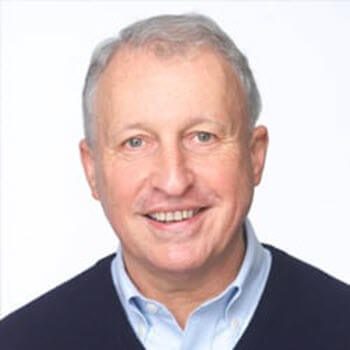



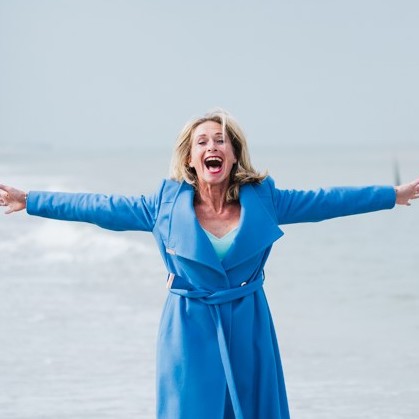











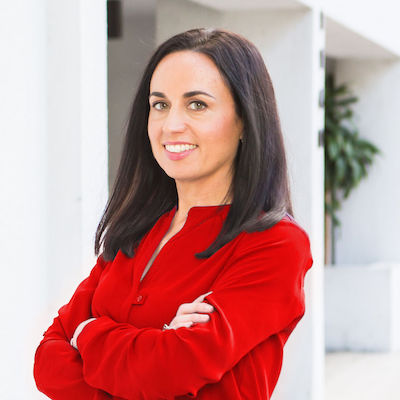





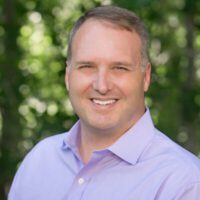

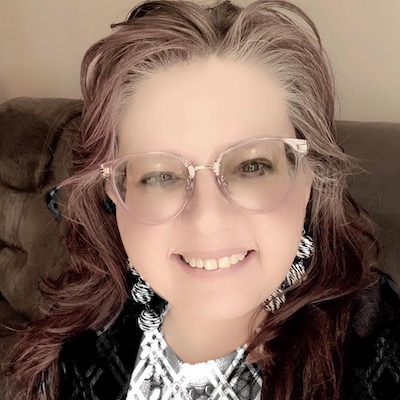
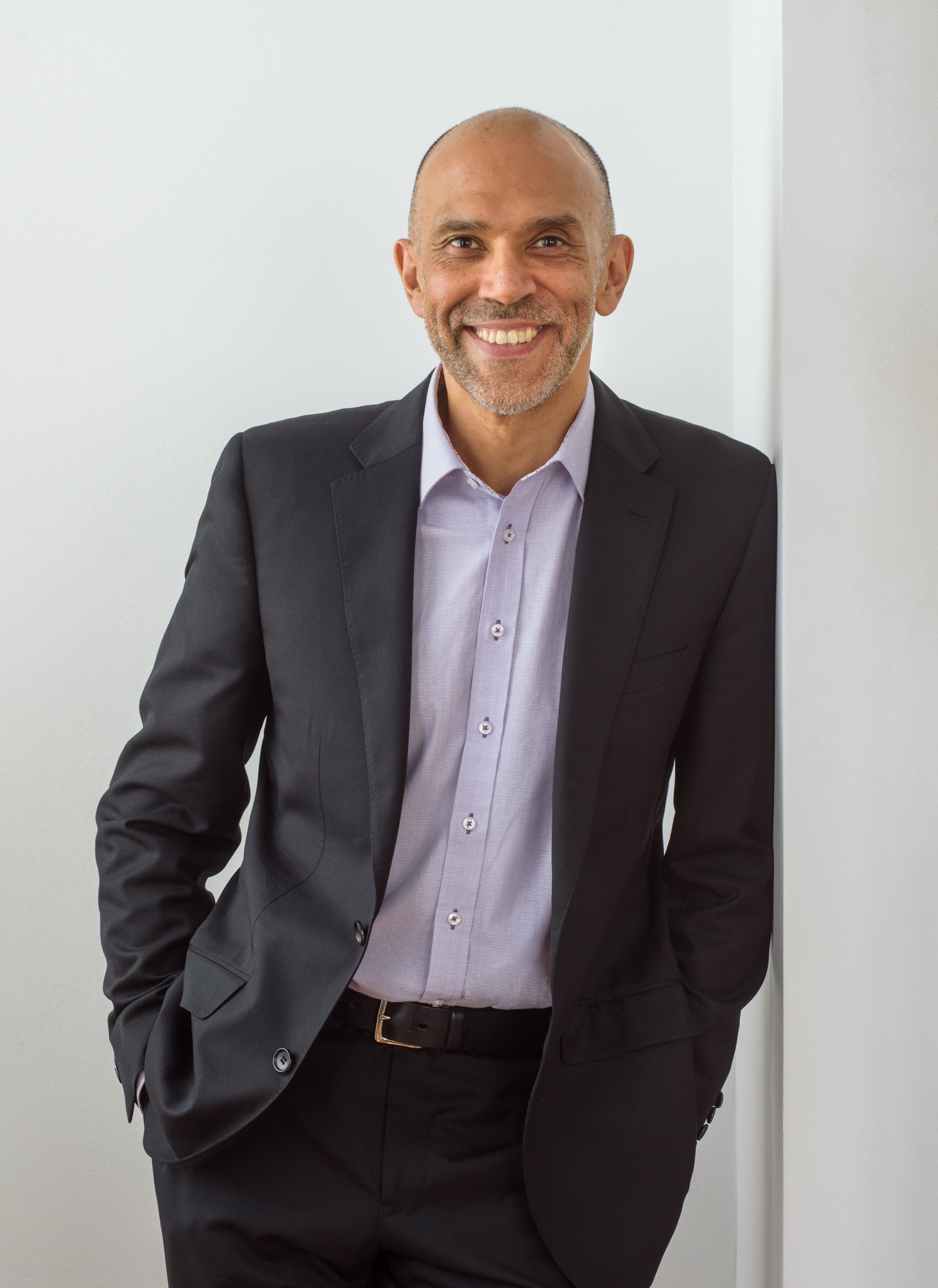

Already a Member? Login Here.
Not Yet a Member? Join the Conversation Today!